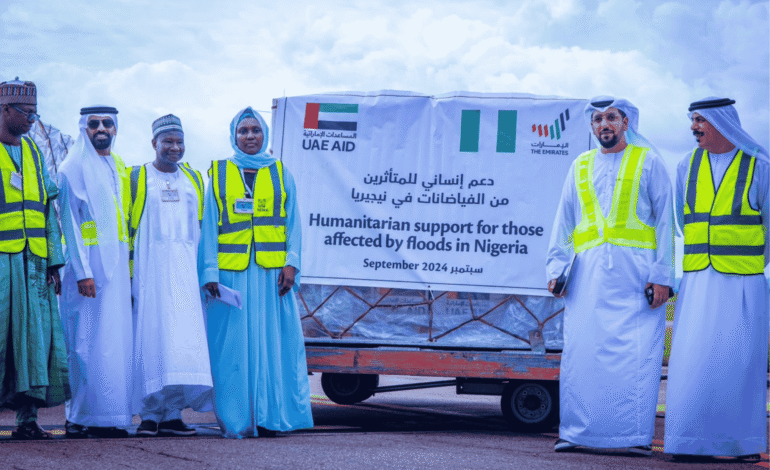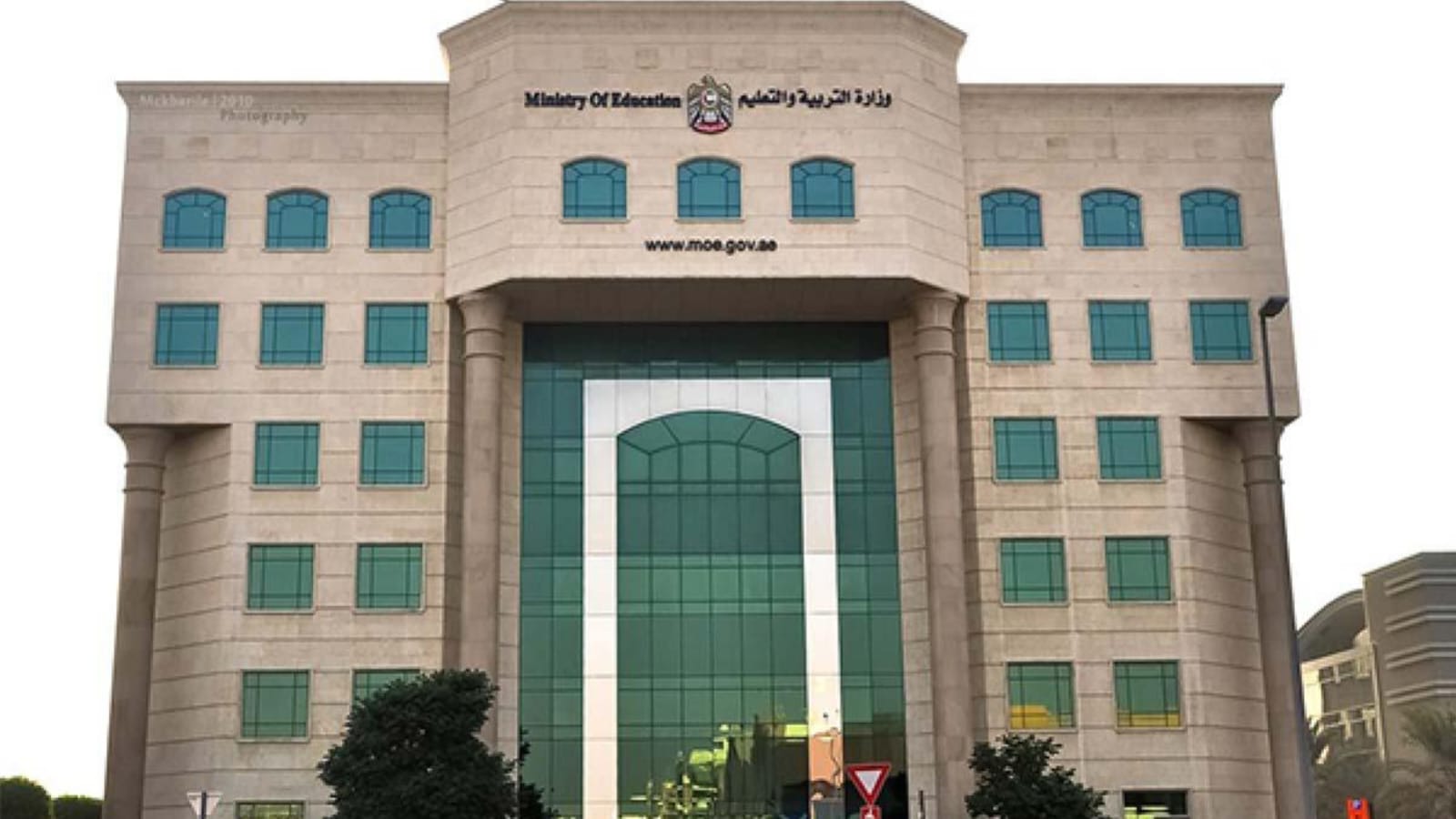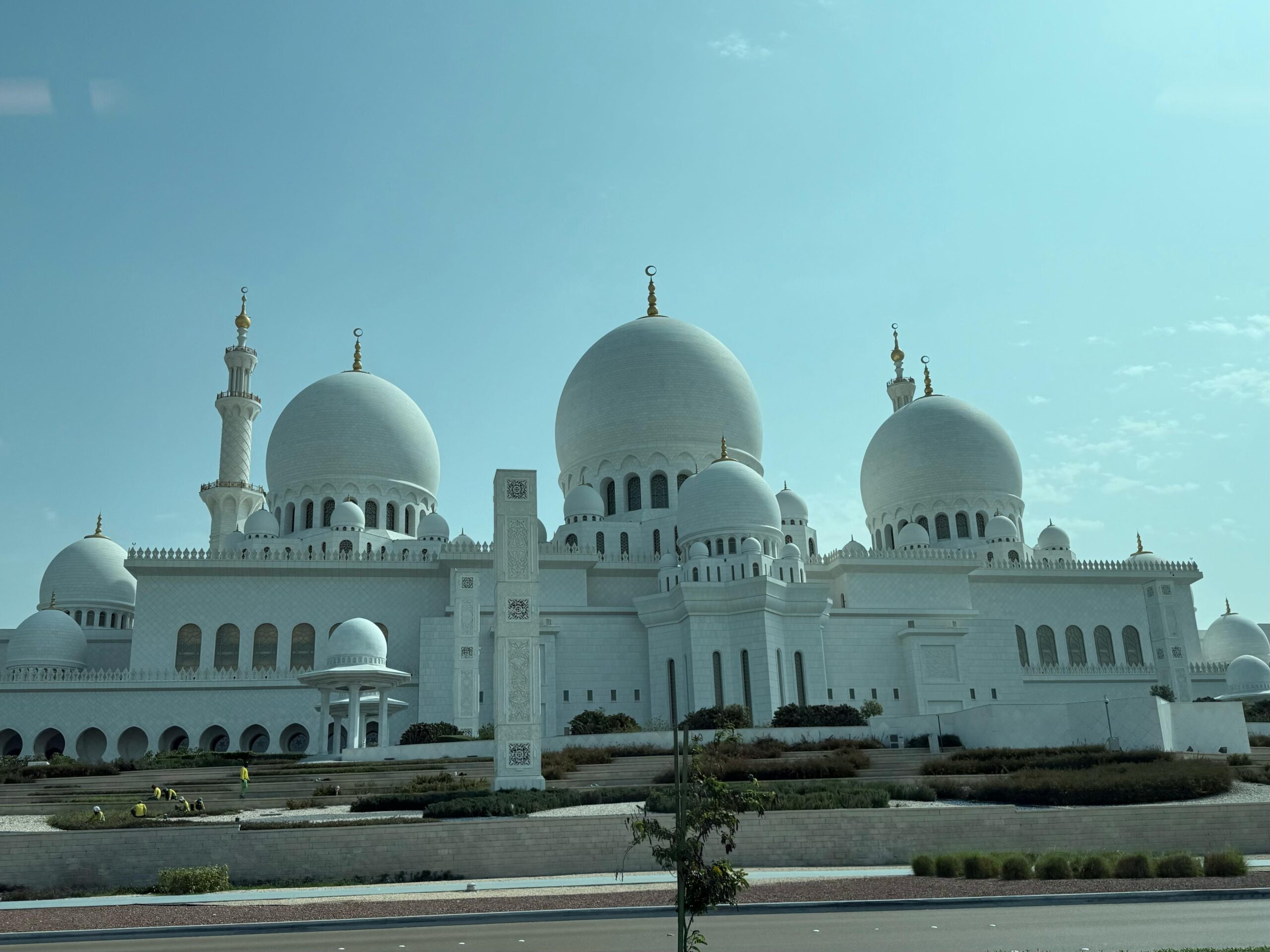UAE Extends Support to Nigeria Amid Devastating Mokwa Floods

The United Arab Emirates has conveyed its heartfelt solidarity and support to Nigeria following the catastrophic floods that have ravaged the town of Mokwa in Niger State, located in northern Nigeria. This devastating natural disaster has resulted in significant loss of life and widespread destruction of property, profoundly impacting the local population. In an official statement, the UAE Ministry of Foreign Affairs (MoFA) extended sincere condolences to the families of the victims and reaffirmed its support for the Nigerian government and people during this challenging period.
This tragedy highlights the urgent need for coordinated humanitarian efforts and a focus on sustainable disaster management practices to protect vulnerable communities from the increasing threats posed by climate change and extreme weather events.
Mokwa Floods: Death Toll Surpasses 150 with Widespread Devastation
Heavy rainfall from Wednesday night into Thursday triggered sudden and powerful flash floods in Mokwa, inundating the town and surrounding areas. The Niger State Emergency Management Agency, through spokesperson Ibrahim Audu Husseini, reported a rapidly rising death toll that has now exceeded 150 individuals. Bodies have been recovered up to 10 kilometers downstream from the town, demonstrating the devastating force and extensive reach of the floodwaters.
The floods have destroyed more than 250 buildings, leaving thousands homeless, while sweeping away two vital bridges that served as key transport routes in the region. These infrastructural losses have significantly hampered rescue and relief efforts, isolating many communities and complicating access to emergency services.
Search and Rescue Efforts Face Challenges Amid Ongoing Flooding
Emergency response teams from the Nigerian Red Cross and local authorities have mobilized to conduct extensive search and rescue operations in the affected areas. Gideon Adamu, head of the Red Cross in Niger State, highlighted the challenges posed by the swampy banks of the Niger River and the flooded terrain as teams moved toward the town of Jebba on the opposite side of the river.
The rescue operations are ongoing amidst heavy rainfall and persistent floodwaters, which continue to pose risks for displaced residents and responders alike. Over 3,000 people have been displaced by the floods, requiring urgent humanitarian assistance such as shelter, food, clean water, and medical care. Coordination between government agencies, humanitarian organizations, and community leaders is crucial to ensuring effective aid distribution and preventing further loss of life.
Widespread Infrastructure Damage Disrupts Lives and Livelihoods
The destructive floods have not only caused tragic loss of life but also left lasting damage to Mokwa’s physical and economic landscape. The destruction of over 250 homes and public buildings has rendered many families homeless, with some forced to seek refuge in temporary shelters or with relatives.
The loss of two main bridges has disrupted transportation, complicating the movement of goods and people. This isolation affects access to markets, healthcare facilities, and schools, undermining the community’s overall well-being. Local farmers and traders have suffered severe economic setbacks as crops and inventories were washed away, threatening food security and livelihoods.
As floodwaters recede, efforts to repair roads, bridges, and public infrastructure will be critical in restoring essential services and stimulating economic recovery in the region.
UAE’s Compassionate Response Highlights International Solidarity
The UAE’s swift expression of condolences and solidarity reflects its strong commitment to international humanitarian principles and global cooperation in times of crisis. By standing with Nigeria in its time of need, the UAE underscores the importance of cross-border support and partnerships to address natural disasters and humanitarian emergencies.
This statement complements ongoing efforts by regional and international organizations, which are actively engaged in delivering emergency aid, medical assistance, and relief supplies to the flood-affected populations in Nigeria. Such coordinated responses enhance the resilience and recovery capacity of communities facing the escalating challenges posed by climate change and extreme weather.
Flooding in Nigeria: A Growing Climate Challenge
Nigeria’s vulnerability to flooding, particularly in regions bordering the Niger River basin, has been exacerbated by a combination of climatic, environmental, and human factors. Changes in rainfall patterns linked to global climate change, alongside rapid urbanization and deforestation, have intensified the frequency and severity of floods.
Inadequate drainage infrastructure and poor urban planning further contribute to the vulnerability of towns like Mokwa. These conditions not only endanger lives and properties but also strain public services and hinder economic development.
Addressing this growing challenge requires comprehensive flood risk management strategies that incorporate climate adaptation, improved urban design, and investment in resilient infrastructure.
Strengthening Disaster Preparedness and Early Warning Systems
Effective disaster preparedness is critical in mitigating the impacts of floods and saving lives. Early warning systems that provide timely alerts based on weather forecasts and river monitoring can help communities evacuate before floodwaters arrive.
Strengthening Nigeria’s disaster management frameworks, including improved coordination between national and local agencies, is essential. Public awareness campaigns and community training on flood response and evacuation protocols can empower residents to act quickly during emergencies.
International cooperation and knowledge sharing can support Nigeria’s efforts to build more resilient communities capable of adapting to a changing climate.
Building Long-Term Resilience to Flood Disasters in Niger State
As Mokwa and other flood-affected areas begin the process of recovery, long-term resilience building must be prioritized. Reconstruction efforts should focus on flood-resistant housing and infrastructure to reduce vulnerability to future disasters.
Integrating green infrastructure solutions, such as wetlands restoration and improved water management systems, can enhance natural flood defenses. Additionally, promoting sustainable land use and reforestation can help stabilize riverbanks and reduce soil erosion.
Engaging local communities in planning and decision-making ensures that rebuilding initiatives meet their specific needs and enhance social cohesion.
The Role of Government, Community, and International Partners in Recovery
Successful recovery from the Mokwa floods requires the combined efforts of government agencies, humanitarian organizations, and the affected communities themselves. The Nigerian government has a vital role in coordinating relief efforts, allocating resources, and facilitating access to essential services.
Local leaders and community groups are instrumental in mobilizing support and communicating needs on the ground. International partners, including donor agencies and NGOs, provide crucial financial, technical, and logistical assistance to support recovery and development programs.
Sustained collaboration will be necessary to restore livelihoods, rebuild infrastructure, and strengthen disaster preparedness for future events.
Human Stories Amid the Floods: Resilience and Hope
Behind the statistics and damage reports are countless personal stories of loss, resilience, and hope. Families displaced from their homes face daunting challenges but demonstrate remarkable strength as they rebuild their lives.
Volunteers and first responders work tirelessly to rescue trapped individuals and deliver aid, embodying the spirit of community solidarity. These human elements highlight the importance of compassionate, coordinated responses that prioritize the dignity and well-being of those affected.
Supporting psychosocial services and community healing is also essential to help individuals cope with trauma and loss caused by such disasters.







